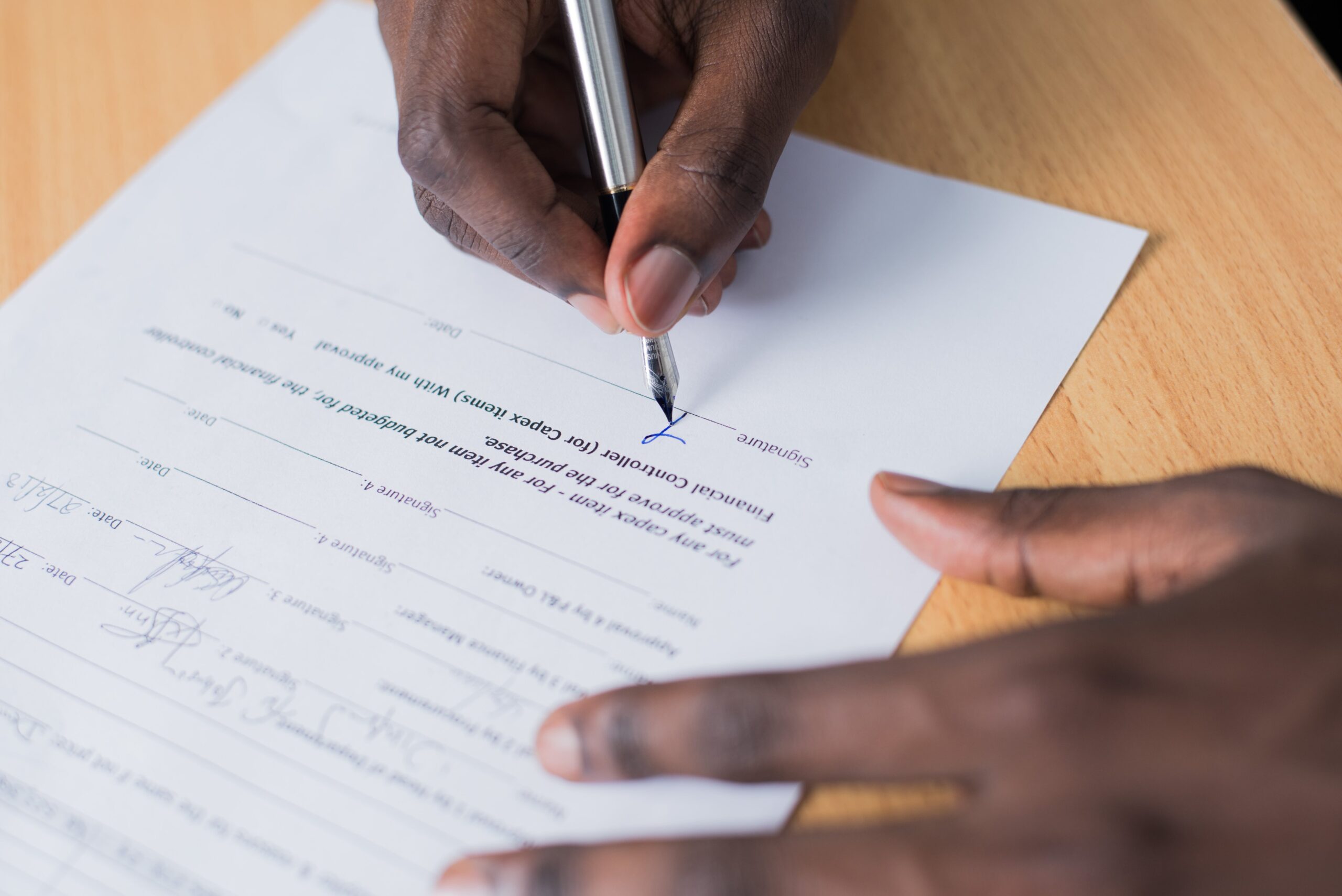Deaths are tragic events, and when a loved one passes away, you might be the person who is in charge of handling estate affairs such as the personal belongings, funeral arrangements, and legal matters of the deceased person. Financial affairs are among the most difficult and stressful matters to deal with, as you will typically be responsible for tasks such as paying taxes and distributing assets. Very few people are completely ready when it suddenly falls on them to deal with an estate and so knowing all of the key information is vital to prevent even more stress during this difficult time.
To help everyone who is responsible for taking care of the estate of a departed loved one, here are the important details to remember when handling an estate settlement.
An Overview of Estate Settlement
An estate settlement is basically the administrative process of handling a newly deceased person’s financial affairs after his or her passing. Depending on the state laws, settling an estate will require various things. For instance, properties in different locations will be handled differently depending on the state legislations of where the property is located. The process of settling estate settlements can be simple or complicated depending on each case as some estate settlements require local probate courts to be involved whilst some cases include evidence to determine the caregivers of the decedents’ dependent children. In other cases, the estate executor may appoint fiduciaries to confirm the distribution plan of the decedent and submit paperwork to demonstrate the closure of the deceased person’s financial affairs.
Roles, Rights, and Responsibilities of an Estate’s Executor
Most of the time, executors are responsible for identifying and managing assets of the deceased to make sure that assets are distributed to the correct beneficiaries. However, in some specific cases, executors might be required to make decisions regarding selling property or real estate that the deceased left behind. As an executor of an estate, you might have to take care of other assets from the deceased such as valuables in a safe or safety deposit box. Other tasks such as handling bills, paying taxes, and taking care of property might be required as well.
Therefore, it is your decision as to whether or not you want to charge for your services as an executor. Normally, family members and close friends take on executors’ responsibilities with no charge. However, some states have specific requirements and make it mandatory to pay executors for their services.
The Importance of Making Sure the Real Heir Is Identified
In many cases, after a person passes away, his or her assets will be passed onto their heirs. Assets can be passed onto heirs with the help of a personal representative, and in most cases, personal representatives are appointed by the deceased person in his or her will. Heirs can often be found via common means of communication, such as phone calls and emails. However, the inheritance experts at https://www.recordclick.com/heir-search/ explain that there are cases that heirs are difficult to locate or identify. It is important that the true heir is identified and that every effort is made to communicate with them as missing heirs do not automatically lose their rights to inheritance. For instance, if you act as a personal representative and try to find the missing heir but fail to do so, a court may get involved.
A Short List of Important Duties for Executors
As explained above, executors’ duties vary from case to case, but here are some of the common duties which may fall on you:
- Secure the death certificate of the deceased
- Obtain the deceased’s most current trusts, will, titles and deeds
- Obtain a grant of probate that confirms the legality and validity of the will and empowers an executor to handle the deceased’s estate
- Pay attention to any taxes owed by the deceased’ such as capital gains taxes, property taxes, and inheritance taxes
- Properly organize assets such as houses, rental properties, vacation houses, and businesses of the deceased
- Carefully check the deceased’s banks, credit cards, and other lenders such as mortgages, taxes, and leases
- Locate and protect valuables during probate in order to distribute them to beneficiaries
- Examine and decline invalid claims against the estate whilst paying for valid claims
Losing a family member or a friend can be a dreadful experience as there are overwhelming emotions, especially for an executor of an estate settlement. Even though handling a loved one’s last wishes is a stressful responsibility, remember that you have been chosen because the deceased person or their family trusts you. If you are having difficulties while handling an estate, consider these important details as you go, and reach out for professional help such as estate settlement attorneys to lighten your weight of responsibilities.
